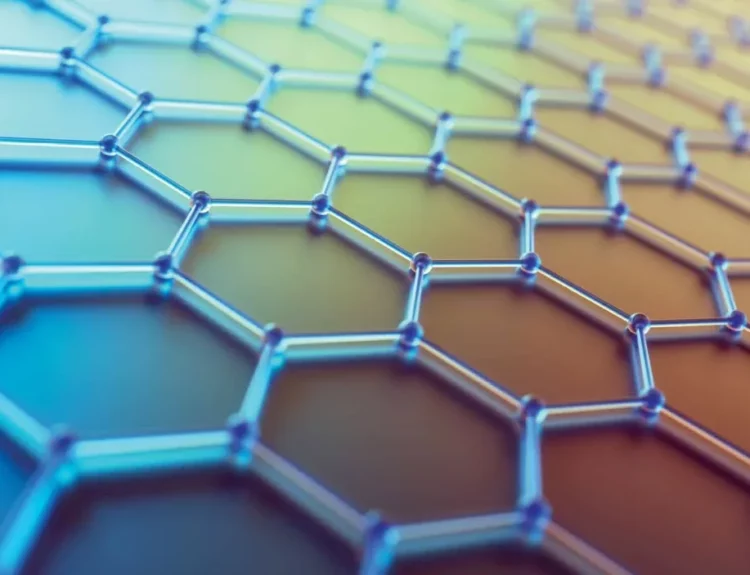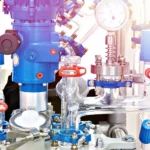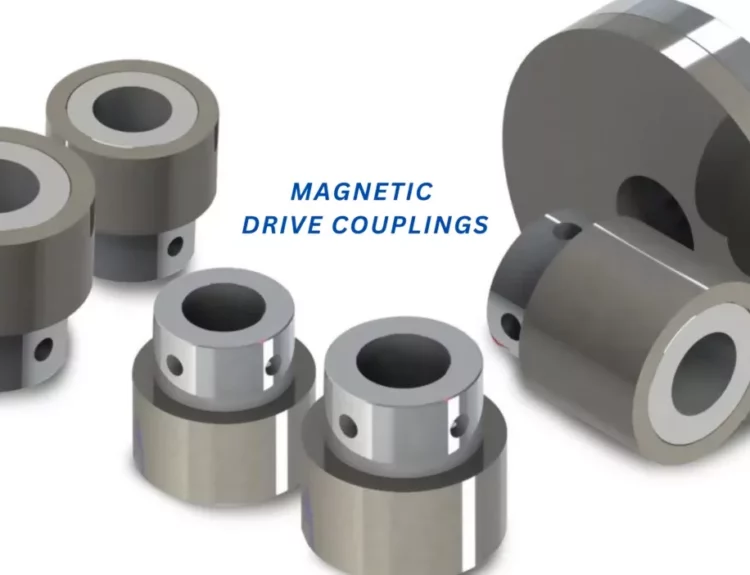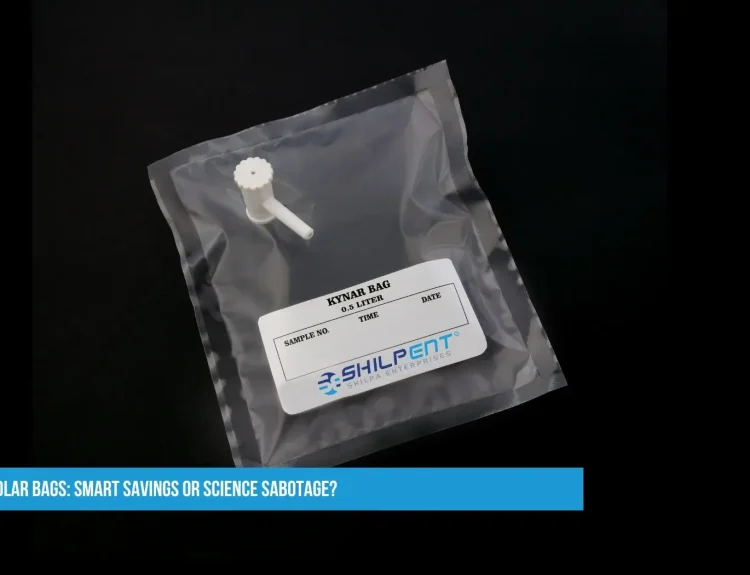In the world of scientific research, particularly in material science and chemistry, the hydrothermal autoclave reactor is a tool that often goes unsung but plays a critical role. Let’s dive into this device and how it helps synthesize various materials.
What is a Hydrothermal Autoclave Reactor?
Imagine a solid, sealed pressure cooker used in laboratories. That’s basically what a hydrothermal autoclave reactor is. It’s designed to withstand high temperatures and pressures necessary for specific chemical reactions. This reactor typically consists of a thick-walled steel container that can safely handle the extreme conditions required for hydrothermal synthesis.
The Role in Synthesis
Hydrothermal synthesis, carried out in these reactors, creates new materials. Here’s how it works and why it’s important:
- High Pressure and Temperature: The reactor allows scientists to mix substances at very high pressures and temperatures. This environment can be similar to what you’d find deep under the Earth’s surface, where minerals naturally form.
- Creating New Materials: Under these extreme conditions, materials can form or transform in ways that wouldn’t be possible under normal conditions. This method is beneficial for creating crystals, ceramics, and other nano-materials.
- Speeding Up Reactions: Some reactions that would take a very long time under normal conditions, or that wouldn’t happen at all, can occur much more quickly in the high-pressure environment of a hydrothermal autoclave reactor.
- Uniformity and Quality: Materials synthesized in these reactors often have a uniform structure, essential for many scientific and industrial applications.
Applications in Research and Industry
- Material Science: Hydrothermal autoclave reactors are widely used for research in creating new materials, such as superconductors, various types of crystals, and other advanced materials with unique properties.
- Environmental Science: They also study how under pressure, minerals and other ecological materials form.
- Pharmaceuticals and Chemicals: These reactors help synthesize complex compounds and materials with specific characteristics in pharmaceuticals and chemical manufacturing
Advantages of Hydrothermal Autoclave Reactors
- Controlled Environment: Offers precise control over temperature and pressure, which is crucial for successfully synthesizing certain materials.
- Versatility: Can be used to synthesize a wide range of materials.
- Eco-Friendly: Often uses water as the solvent, making it a greener alternative to other methods that use harsh chemicals.
Conclusion
The hydrothermal autoclave reactor might not be a household name, but in the world of scientific research and material production, it’s a star player. Its ability to mimic natural high-pressure environments on a small scale makes it an invaluable tool for creating materials with unique properties. As our understanding and technology evolve, the hydrothermal autoclave reactor will continue to be a key instrument in developing new materials and advancing various fields of study.
To purchase Hydrothermal Autoclave Reactor follow this link






